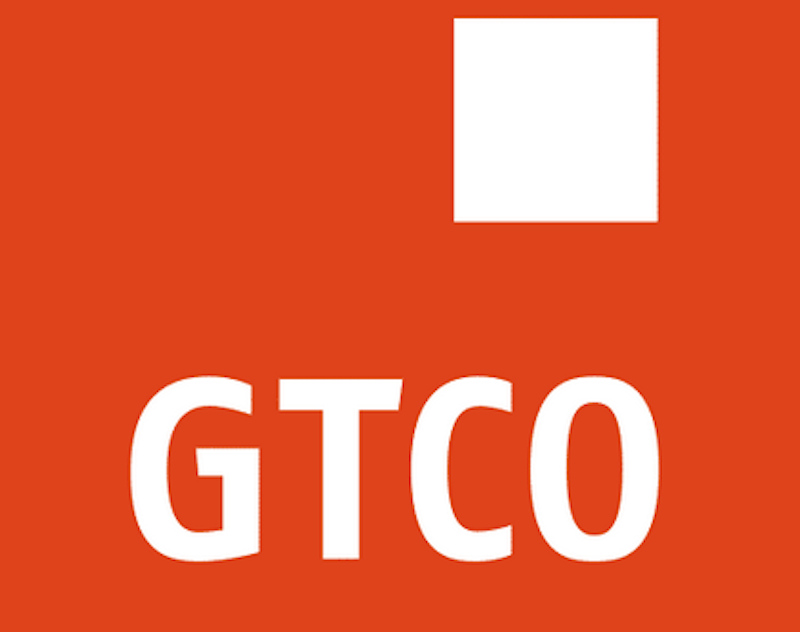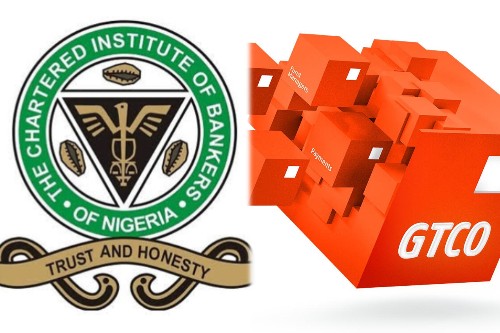...To get all news updates, Join our WhatsApp Group (Click Here)
Also Join our WhatsApp Channel (Click Here)
The Critical Role of Nigerian Banks in Nation Building
The Chartered Institute of Bankers of Nigeria and the Body of Banks CEOs in Nigeria wish to express their concern over the persistent social media criticisms targeted at Nigerian banks. It is essential to highlight the significance and contributions of the banking sector, which remains one of the most regulated and integral parts of Nigeria’s economy.
The Nigerian banking industry is governed by rigorous regulations issued by the Central Bank of Nigeria (CBN), its primary regulator, and other direct and indirect regulatory bodies. A large number of these banks are publicly listed and adhere to the highest standards of transparency and compliance, as required by domestic and international investors and regulatory agencies.
In addition to the CBN, regulatory bodies like the Nigerian Exchange Group (NGX), Securities and Exchange Commission (SEC), Financial Reporting Council (FRC), and Nigeria Deposit Insurance Corporation (NDIC), play pivotal roles in maintaining transparency, integrity, and accountability within the sector.
Nigerian banks are also staffed with a wealth of globally competitive and certified professionals, regulated by both national and international bodies. These professionals, coupled with partnerships with globally recognized service providers and investments in cutting-edge technologies, elevate Nigerian banks to global standards in every market they operate.
Internationally renowned auditing firms, rating agencies, and other independent bodies routinely evaluate the operations, financial records, and compliance of Nigerian banks. These rigorous assessments ensure that the banks align with global best practices, reflecting their commitment to delivering trustworthy and quality services to the public. As a result, Nigerian banks consistently receive high ratings both individually and collectively.
Investor confidence in Nigerian banks is evident, with the sector being a top choice for retail and institutional investors alike. The resilience and dynamism of the banking industry are built on the trust of its customers, demonstrating that the sector is a cornerstone of economic growth and development in Nigeria. Rather than being criticized, the continued strength of this sector should be a source of national pride.

The banking sector is pivotal to Nigeria’s economic growth, contributing significantly to individuals, businesses of all sizes, and the society at large. The economy’s development relies heavily on the banks’ intermediary roles, and their positive impact is undeniable.
If any individual or group has concerns or grievances regarding the operations of any bank, they are encouraged to direct such issues to the appropriate regulatory authorities. These bodies are equipped to address concerns impartially and professionally, ensuring that all matters are resolved through the proper channels.
Resorting to social media attacks, blackmail, or smear campaigns not only undermines the hard-earned reputation of these institutions but also seeks to unfairly manipulate targeted banks. We urge individuals engaged in such actions to desist and consider the facts before making accusations. The regulatory agencies are well-positioned to handle concerns with diligence and professionalism.
We remain committed to delivering the highest standard of banking services, guided by the regulations that govern our industry. Together, let us foster an environment of trust and collaboration, recognizing the positive impact of a professional sector that brings pride to Nigeria and Africa. As the banking sector continues its efforts to build a resilient Nigerian economy, we call on citizens to support its mission of creating a stronger economy that works for everyone.
Signed:
Dr Oliver Alawuba, FCIBProfessor Pius Deji Olanrewaju, Ph.D, FCIB
ChairmanPresident
Body of Banks CEOs in Nigeria The Chartered Institute of Bankers of Nigeria
You can get every of our news as soon as they drop on WhatsApp ...To get all news updates, Join our WhatsApp Group (Click Here)
Also Join our WhatsApp Channel (Click Here)

















